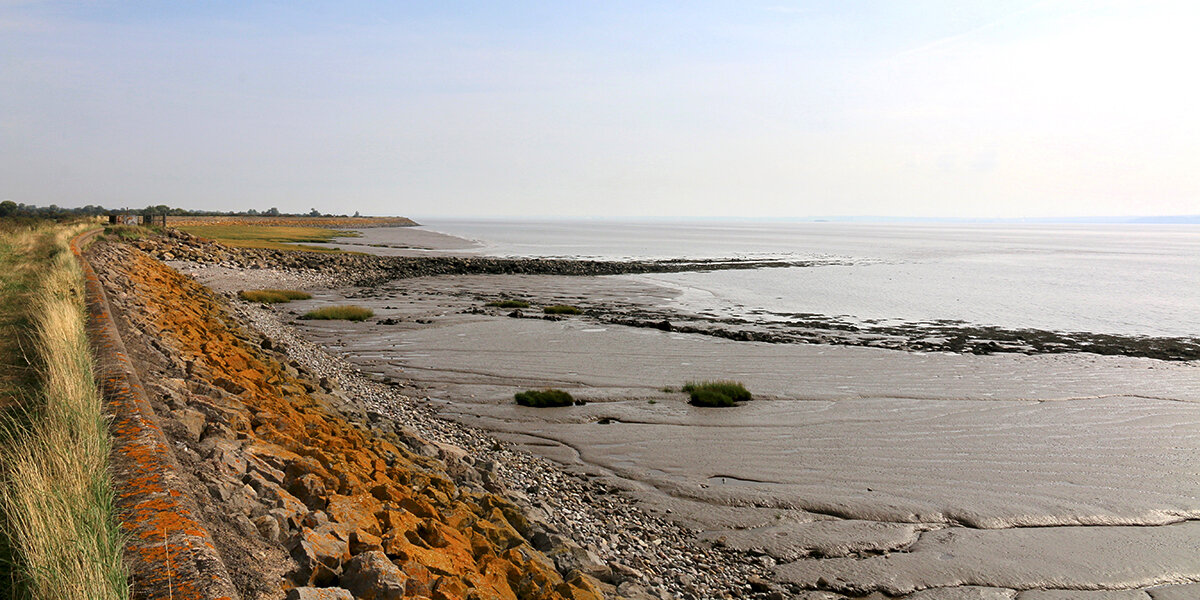Join Living Levels, Gwent Wildlife Trust, and naturalist Ed Drewitt for a two-day workshop to explore the Severn Estuary’s intertidal zone.
Twice every day, as the tide ebbs, the muddy waters of the Severn Estuary drain away to reveal around 100 sq km of intertidal land, a complex mosaic of saltmarshes, mud flats, sand banks, and rocky foreshore.
These habitats are home to a wide range of plants and animals, some of which are found nowhere else. Many are specially adapted to live in the harsh intertidal zone, with its widely fluctuating temperatures and salinity. Together they create an ecosystem as rich and varied as any tropical rainforest.
This workshop will explore the importance of the intertidal zone as a habitat, for coastal defence, and for climate change mitigation, whilst also providing you with the skills and ability to identify and record species yourself.
Itinerary:
DAY 1
An introduction to the landscape, history, and environment of the Severn Estuary & the wider Gwent Levels
Identification of the intertidal zone, key habitats and species
Introduction to surveying and wildlife recording.
Teas and coffees provided!
DAY 2
A chance to venture down to the seawall at Peterstone Gout to put your new species identification and recording skills into practice. Followed by an end of workshop brief to share our findings.
Please note:
A moderate level of fitness is required to part-take in the field session (10 min walk from Peterstone Lakes Gold Club).
There are no stiles however the terrain is bumpy, muddy and potentially slippery.
There is a short but steep incline beyond the seawall.
Please dress appropriately for the weather and wear wellies/waterproof shoes for the terrain.
*Lunch is not included, please bring a packed lunch with you on both days.
This is a FREE event to promote understanding and appreciation of intertidal habitats and to encourage species recording across the Gwent Levels. Species recording is an invaluable way to understand the effects of human activity on the natural world. Data gathered can be used to better inform management decisions and policies in our local area.
Beyond the Seawall is is funded by Welsh Government’s Local Places for Nature: Marine and Coastal Capacity Scheme, administered by WCVA.


